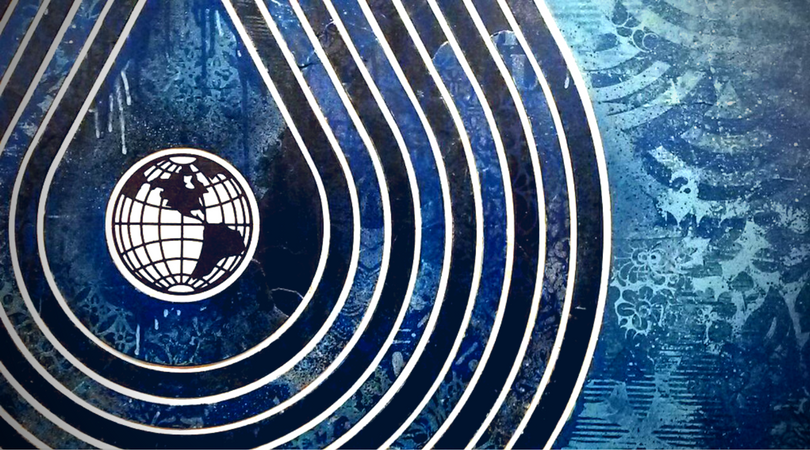
Practical information
COP21 has been a resounding success; all 196 Parties to the UN Convention on Climate Change have committed to take concrete steps toward decarbonizing the global economy and increasing resilience to a changing climate. All eyes are now turning to the November 2016 COP22 to see whether declarations of intent translate into tangible progress on the ground.

This Energy Breakfast Roundtable is hosted by Ifri, in partnership with Morrocan think-tank OCP Policy Center. It will look at last year’s developments in terms of global climate action, discuss the different steps for a full implementation of the Paris agreement and identify reasonable expectations for the COP22 Marrakech Conference. The four expert presentations (15min each) will be followed by a Q&A session under the Chatham House rule.
Speakers:
- Abdelali Dakkina, Director of Strategy & Development at Morroco’s National Agency for Renewable Energies and Energy Efficiency (ADEREE)
- Carole Mathieu, Researcher at the Ifri Center for Energy, Author of the Ifri-OCP PC Research Paper “From COP21 to COP22: Keeping up the Momentum”
- Elina Bardram, Head of Unit International and Inter-Institutional Relations, DG Climate, European Commission
- Eliot Whittington, Policy Programme Director and Deputy Director, The Prince of Wales's Corporate Leaders Group, University of Cambridge Institute for Sustainability Leadership
Chair: Marie-Claire Aoun, Director of the Ifri Center for Energy
Other events

Paris Naval Conference 2026: Naval Rearmament and Operations in Contested Waters
This fourth edition of the Paris Naval Conference (CNP), bringing together high-level military, industrial, and academic speakers, will address the challenges associated with general naval rearmament and naval operations in increasingly contested environments.





